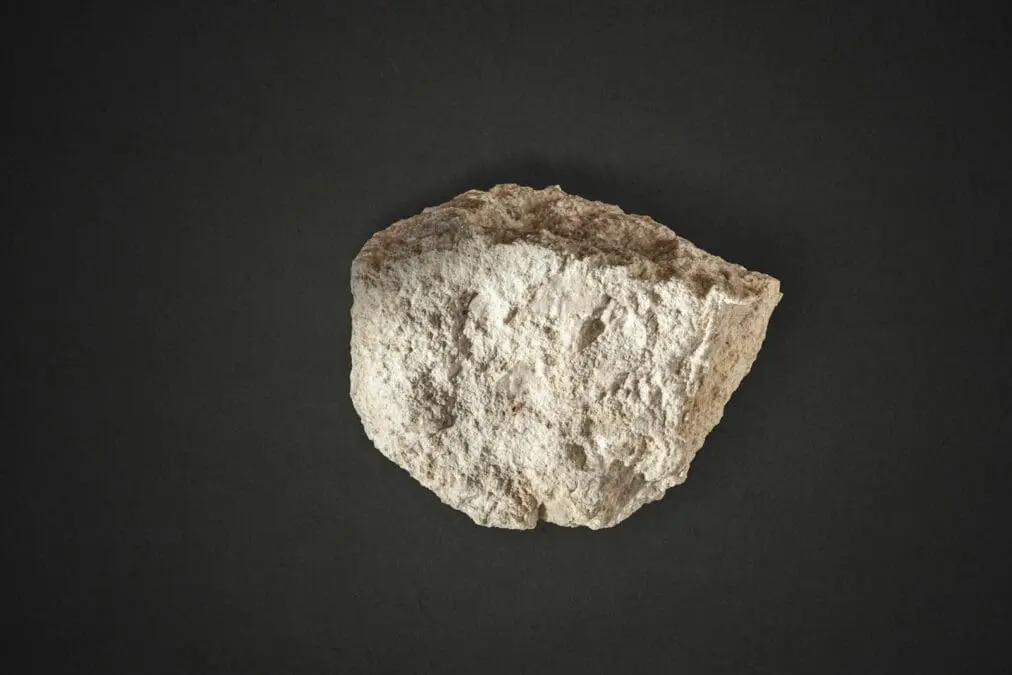The European Commission has selected 47 Strategic Projects to secure domestic supplies of raw materials in line with the Critical Raw Material Act (CRMA).
Lithium ingots with a thin layer of black nitride tarnish; By Dnn87; License: CC BY 3.0, from Wikimedia Commons
The 47 projects are located across 13 EU member states and cover 14 of the 17 strategic raw materials listed in the CRMA, including lithium, nickel, cobalt, manganese and graphite, which are particularly important for the EU battery raw material value chain. In addition, one project involves magnesium and three – tungsten, which will help bolster the EU’s defence industry.

The selected projects are expected to need a total capital investment of EUR 22.5 billion (USD 24.4bn) to become operational.
The countries where they are located are: Belgium, France, Italy, Germany, Spain, Estonia, Czechia, Greece, Sweden, Finland, Portugal, Poland and Romania. Being selected as a Strategic Project means that the projects will benefit from coordinated support by the Commission, member states and financial institutions, as well as from streamlined permitting provisions.
Stephane Sejourne, Executive Vice-President for Prosperity and Industrial Strategy, said that raw materials are indispensable to the decarbonisation of the continent, but Europe currently depends on third countries for many of the raw materials it needs the most. “Today, we have identified 47 new strategic projects that, for the first time, will help us secure our own domestic supply of raw materials. This is a landmark moment for European sovereignty as an industrial powerhouse,” Sejourne added.
The CRMA sets targets for European extraction, processing and recycling of strategic raw materials to meet 10%, 40% and 25% of EU’s demand by 2030, respectively. The act became effective on May 23, 2024, when the first call for applications for Strategic Projects was also launched. A new call is currently planned for the end of summer.
The Commission also received applications for projects situated in third countries. It said that the decision on the potential selection of such projects will be adopted at a later stage.
(EUR 1 = USD 1.082)






